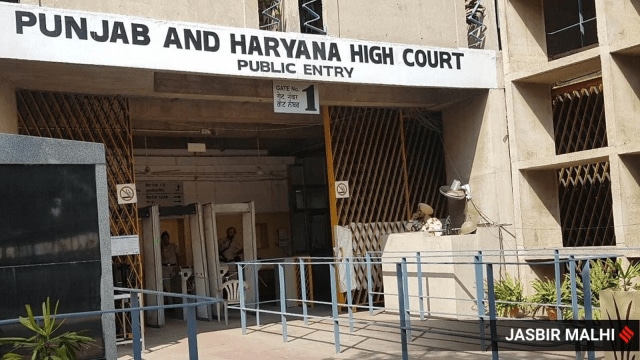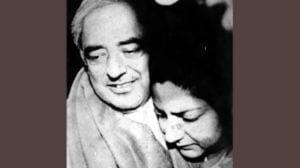Punjab & Haryana High Court settles 37-year-old ancestral land row, upholds purchaser’s title
The Punjab and Haryana High Court ruled that the property in question was self-acquired and not ancestral.
 Citing key rulings under the Hindu Succession Act 1956, the court asserted that property devolved under section 8 does not retain ancestral character but becomes separate property of the heir. (File)
Citing key rulings under the Hindu Succession Act 1956, the court asserted that property devolved under section 8 does not retain ancestral character but becomes separate property of the heir. (File)Bringing closure to a legal battle that has spanned nearly four decades, the Punjab and Haryana High Court on Thursday dismissed a regular second appeal filed by five sons challenging the 1988 sale of family agricultural land, upholding the transaction on grounds of legal necessity, limitation, and the self-acquired nature of the property.
Delivering the judgment, Justice Deepak Gupta held that the disputed land at Kotkapura in Faridkot district did not qualify as ancestral coparcenary (joint heirship) property.
“To qualify as ancestral coparcenary property, it must be shown that the property has descended undivided through at least four generations of the male line,” the court observed. “There is no evidence that Harbans Singh had himself inherited the property from his father. Consequently, the property that devolved upon his sons under mutation No.615 cannot be treated as ancestral in their hands.”
Citing key rulings under the Hindu Succession Act 1956, the court asserted that property devolved under section 8 of the Act does not retain ancestral character but becomes the absolute and separate property of the heir.
The case date back to October 10, 1988, when three brothers–namely, Sumer Singh, Ajmer Singh, and Harkishan, sons of the late Harbans Singh–sold about 92 kanals of land in Kotkapura to Ved Pal for Rs 3.69 lakh through a registered deed. Their sons filed a civil suit in 1992, asserting that the land was ancestral coparcenary property and that their fathers could not have sold it without genuine legal necessity.
Justice Gupta noted that the jamabandi of 1973–74 and mutation no.615 (dated November 20, 1976) proved only that Harbans Singh’s heirs inherited the land directly from him. There was no evidence that Harbans Singh himself had derived it from his father.
“Since there is no proof that Harbans Singh derived title from his forefathers, the property in the defendants’ hands was self-acquired, and they were competent to alienate it,” the court held.
The sale consideration was shown to have funded the establishment of M/s Sardar Cloth House in Kotkapura. Witness testimony confirmed that Ved Pal had exercised due diligence. “These facts constitute genuine family necessity recognised in law. There is no perversity in the Appellate Court’s appreciation of this evidence warranting interference by this court,” Justice Gupta said.
The suit, filed in October 1992, came four years after the sale. The court held that a suit challenging an alienation must be filed within three years under Article 59 of the Limitation Act. Having failed to do so, the plaintiffs’ claim was barred by limitation.
Concluding that no substantial question of law arose, the court dismissed the appeal without costs.
Journey through courts
- 1999: The trial court decreed the suit in favour of the sons, holding the land ancestral and the sale unjustified.
- 2001: The first appellate court reversed the trial court verdict, holding the property was not coparcenary, that the sale was for legal necessity, and that the suit was barred by limitation under Article 59 of the Limitation Act.
- November 3, 2025: The second appeal was filed, in the Punjab and Haryana High Court.
- November 6, 2025: The high court dismissed the appeal, upheld the appellate court’s reasoning.




- 01
- 02
- 03
- 04
- 05



























